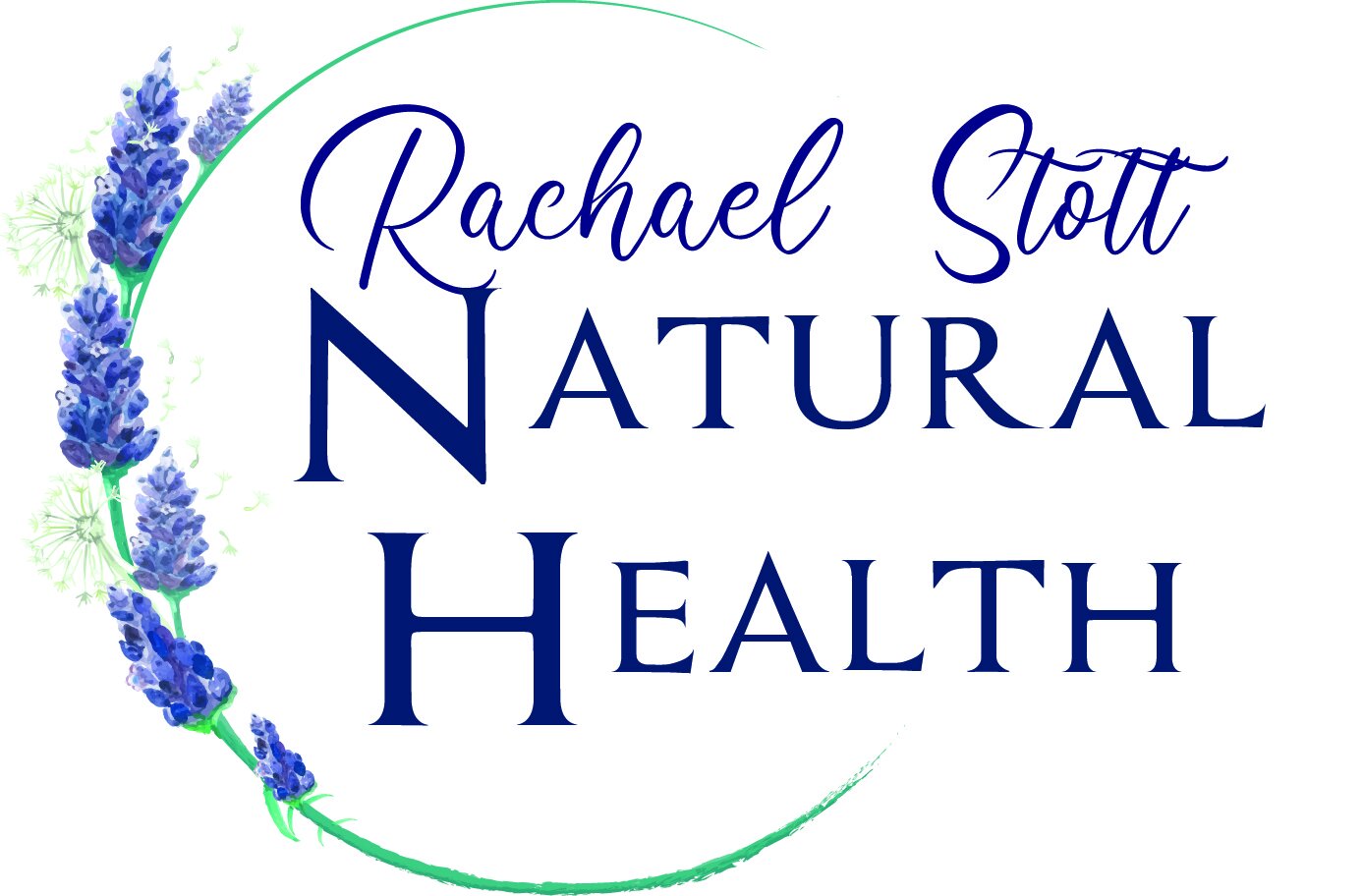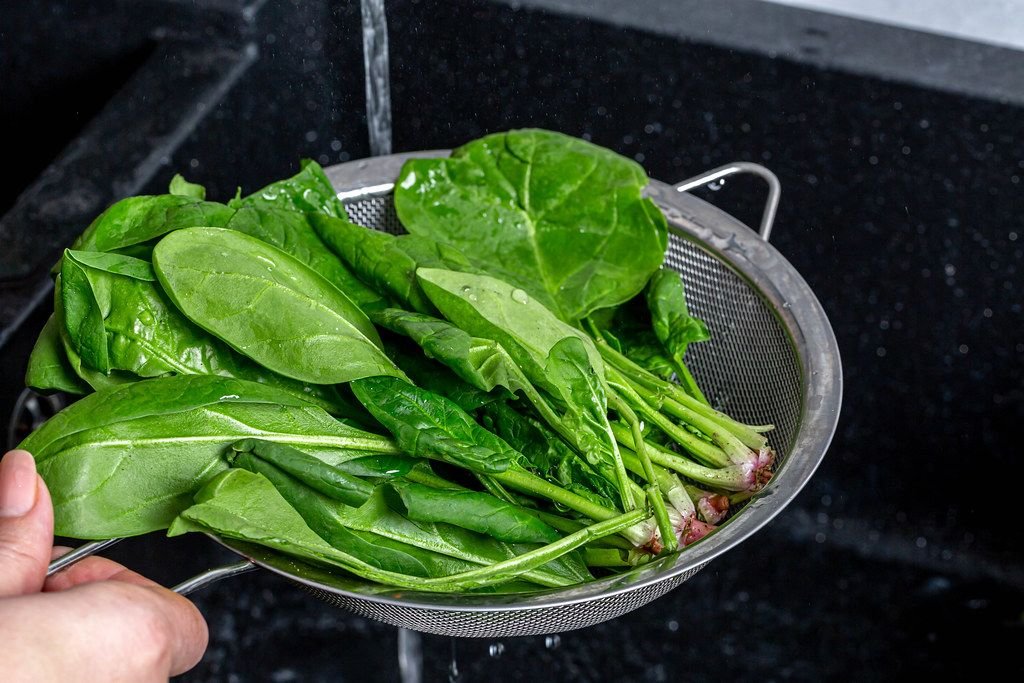Oxalates and how to mitigate them
Spinach is something we’re told is a superfood yet it is high in oxalates that are an antinutrient
Oxalates are something that I have become more aware of as time has gone by. Over the past few years plant based diets and keto have become more and more popular with plant based and vegan styles of eating containing huge amounts.
🌱What exactly are oxalates? They're components of plants (aka oxalic acid) - fruits, leaves, roots, nuts, seeds, tubers and grains that are antinutrients. I think most of us will have been told not to eat rhubarb leaves. This is because they are exceptionally high in this, to the point they may make you sick.
🌱How do they affect the body? They bind to calcium and this may build up in the kidneys, causing kidney stones.
🌱Which plants are highest in these? Rhubarb (as I mentioned), spinach, silverbeet, beetroot, NZ yams and buckwheat are especially high as are others from the same plant family (Chenpodiadeae). If I eat any of these I feel a kind of grittiness as I chew them.
🌱Which other plants have high in oxalates? Potatoes, kumara, almonds and some other nuts and seeds, soy, kidney beans and green beans, carrots, parsely, raspberries and other brambles, cocoa and chocolate, black tea, coffee and beer, quinoa, amaranth, corn grits and wheat.
🌱What can I do to mitigate this? By ensuring you have adequate amounts of animal products, fish and eggs in your diet as they are oxalate free. Also by eating dairy as it is calcium-rich and maintaining good hydration helps. Boiling vegetables, soaking beans, seeds and grains helps reduce this too, including fermenting grains to make sourdough.
Spinach is something we’re told is a superfood yet it is high in oxalates that are an antinutrient


